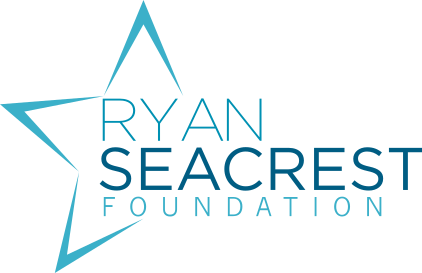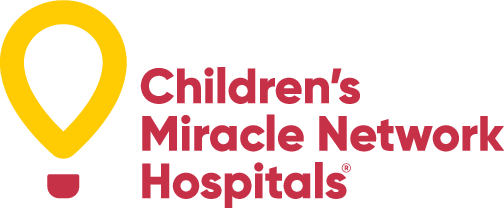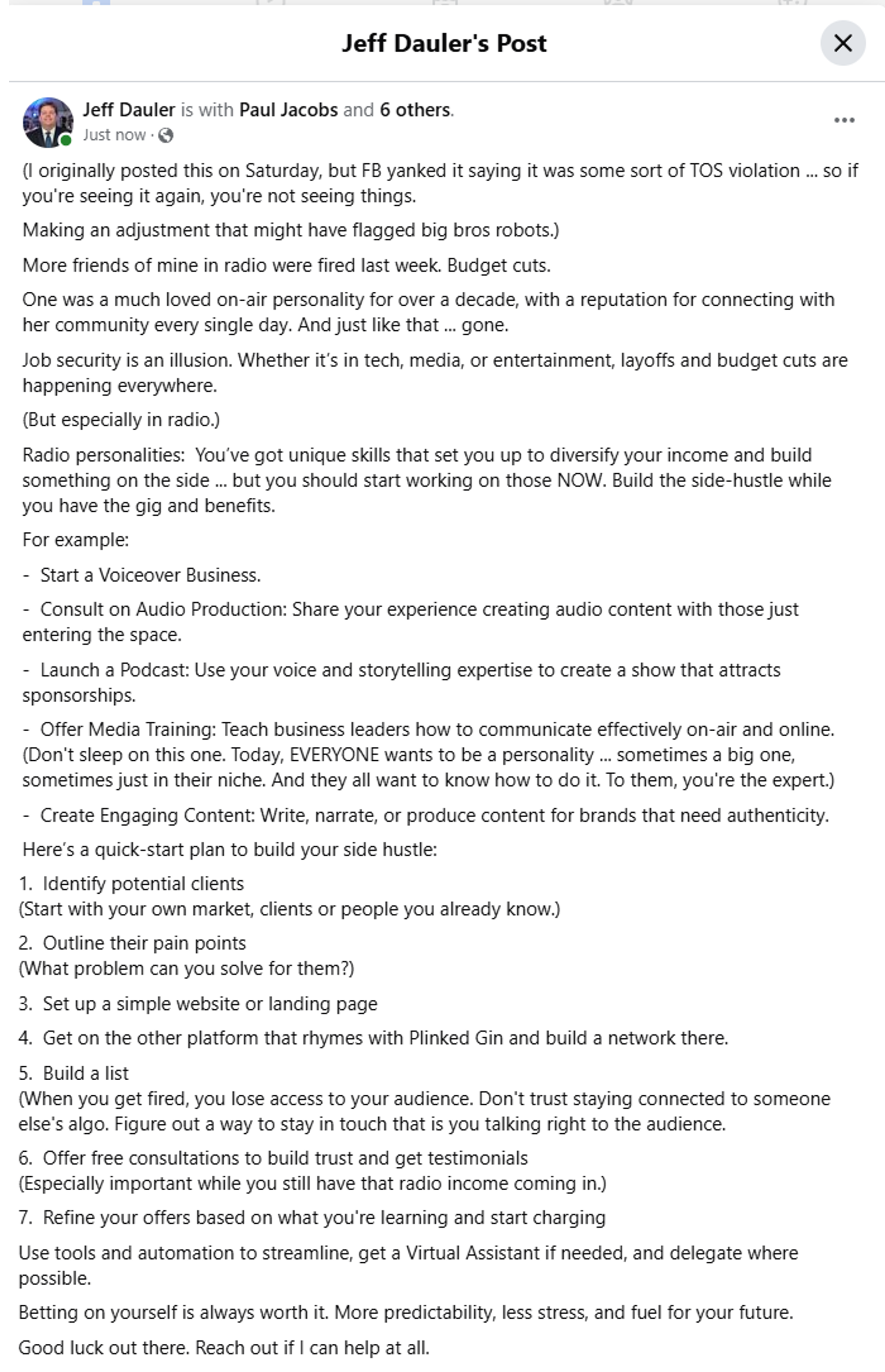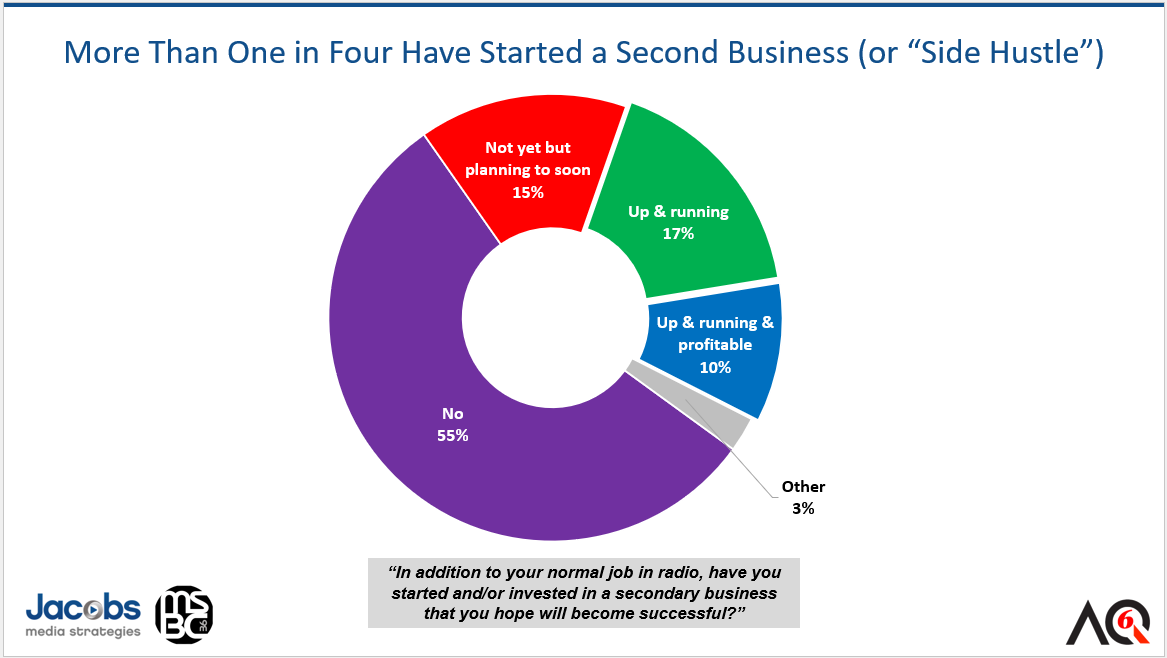
I’m not a fan of earnings calls. If you don’t know, they are the phone meetings CEOs and CFOs conduct with members of the financial community and media to explain what happened in the past quarter and what is expected moving forward. These calls usually require considerable patience to endure, typically layered with much posturing and positioning designed to obscure or avoid what really happened.

Frankly, most aren’t all that revealing – or entertaining. And that’s why I usually let the radio trades do the heavy lifting and actually sit in on the calls. An exception, however, is Bob Pittman‘s rundown of iHeart’s financial status because the conversation always has the potential to go deep in the underlying conditions impacting radio.
And because Bob sits atop the biggest company in all of radio (assuming you still think of them as a “radio company”), when he speaks, it’s like those old E.F. Hutton television commercials.
We listen.
And that was the case last week. iHeart’s earning call was nicely covered by Radio Ink, a revealing story I hope everyone in radio reads – whether you’re sitting in the GM’s office, writing up business in a sales cubicle, or entertaining or informing in the air studio.
The headline from Pittman’s roundup of the state of radio led with an attention-getting line. Pittman is the master of many things, including the sound bite. Try this one on:

Here’s one of his key quotes on the state of his company:
“We’ve now taken another significant step in our modernization journey, flattening our organization, eliminating redundancies, and breaking down silos. It will be easier to do business with us and easier to get our business done as well as accelerate revenue growth.”
Painful to hear this? No doubt. The word “redundant” is another bucket of career ice water that hurts. No one wants to be thought of as irrelevant, replaceable, or both. But that’s what Pittman’s saying to you. Not every local talent can aggregate an audience while building a personality brand – especially in this environment.
He’s telling his investors – and all of us – that iHeart has great syndicated, scalable solutions across markets and formats. You can try to join his company – and he’s telling you that’s an increasingly tougher task – or you can beat him.
And truth be told, what Pittman mapped out for his investors last week is totally consistent with what he’s been saying for years. If the entertainment value is better with a syndicated show his company owns, he’s going to choose that option over “live & local” every day. This is no revelation, and based on the response of most of those displaced by the latest round of RIFs, they very likely saw it coming.
At several companies in radio, it’s a cruel game of “musical chairs.” In Pittman’s own words, when the music stops, there may not be a chair for you.

This is no knock against syndication. In fact, some of the best radio being done today – as Pittman would no doubt agree – is coming from national shows, often with more staff and resources in which to compete. More often than not, their talent has climbed the local market ladder, ending up as a proven show that can win friends and get ratings in multiple markets. I can tell you this is no easy task. Many outstanding local shows have faltered trying to make the transition to syndication.
I have a strong sense of appreciation and respect for these national shows. Over the years, we have worked with, researched, and coached many of them – and still do. In our role as consultants, every situation is different, demanding a unique solution. In some markets, we work with the syndicated show; in others we compete against them.
If the latter describes your battle, and you find yourself up against an entity like Ryan Seacrest, here’s the challenge. You’re competing against one of the top shows in America, so what’s your plan?
What can you and your showmates do better than him, Charlamagne, Bobby Bones, or Dave Ramsey – and what can you and your team do they can’t do?
 The smart move is to start with a no-holds-barred S.W.O.T. analysis. Bring together a group of trusted advisors. I have found that 7-10 participants is ideal, but the main thing is they must have above average knowledge of the market situation, your show, and your competition.
The smart move is to start with a no-holds-barred S.W.O.T. analysis. Bring together a group of trusted advisors. I have found that 7-10 participants is ideal, but the main thing is they must have above average knowledge of the market situation, your show, and your competition.
If you’re up against Seacrest (or some other big competitor), run your first round of S.W.O.T.ing against that show, honestly listing their strengths and weaknesses. Their opportunities and threats aren’t as important. Repeat for any other personality in town you’re up against, whether they’re syndicated or a local show in the market.
Lastly, conduct a S.W.O.T. on your show – and don’t hold anything back. I would recommend you run this the day after having broken down the competition. Give your team the opportunity to end Day One with the show(s) you’re up against, and use the morning of the next day to put your own show under the microscope when you’re fresher.
All four quadrants are key, so spend the necessary time fleshing them all out. Strengths and weaknesses are core, of course. And while threats are important to plot, it’s opportunities where you’re going to map out your ultimate to-do list.
From there, you begin the process of forging a strategy. What can Seacrest (and the other shows you’re battling for audience and attention) do that you can’t do? What can they do markedly better than you might ever do?

Conversely, what can you do that he never will? What do you know about your market, your audience, your sports teams, the local zeitgeist that Seacrest can only address in passing or generically? What connections do you have locally you can draw from? How can you use visibility and presence in the market to outdo him?
Without knowing your specific situation, chances are a number of items in the “O” quadrant of your S.W.O.T. are going to revolve around local attributes. It’s why they call it the “home field advantage.” Your talent goes to bed and wakes up in your market, while syndicated talent likely lives hundreds or even thousands of miles away.
Advantage: YOU. (If you make the most of it.)
 A case in point is charity and noble causes. Seacrest excels in this area. His foundation has constructed multi-media studios in 14 pediatric hospitals all over the U.S. It’s a brilliant way to marry media with a great cause.
A case in point is charity and noble causes. Seacrest excels in this area. His foundation has constructed multi-media studios in 14 pediatric hospitals all over the U.S. It’s a brilliant way to marry media with a great cause.
But that doesn’t mean you and your show can’t champion a worthy organization in your community. I’ve often talked about the Children’s Miracle Network Hospitals program and their mission to support children’s hospitals in local communities all over America. If there’s an opening in your market, it’s something to consider for a show and a station that wish to make their mark on the community.
in your community. I’ve often talked about the Children’s Miracle Network Hospitals program and their mission to support children’s hospitals in local communities all over America. If there’s an opening in your market, it’s something to consider for a show and a station that wish to make their mark on the community.
Lots of people are pissed off at Pittman. You can see that in the comments in Radio Ink. That’s the easy and useless response. Thank him. He’s mapping out the challenge for you directly and honestly. Everyone else in your orbit may be B.S.ing you, coddling you, or ignoring you. Pittman is telling you straight on what’s going to happen – who you’re up against and how you’d better compete hard and effectively enough to avoid your own company making you redundant. You may not like the message or even the way Pittman is framing the situation, but he’s not mincing any words.
And the beauty is that he’s offering you a strategy, if you’re an owner or manager across the street from an iHeart cluster or you’re on the air up against Pittman’s great syndicated talent. But what about if you’re talent. On and off the air, you got your work cut out for you. But it can be done.
It will require resources or support. If you’re up against Seacrest or any great syndicated show, your company better support you with staff, marketing, and resources or you’ll soon become redundant.

Over the weekend, Jeff Dauler (pictured) took to Facebook to lay out a basic plan of action for displaced talent. Jeff’s a former morning show host, turned podcaster and podcasting coach.
And his perspective is wise and supportive at a time when so many hosts are trying to cope with the changes.
As I responded to Jeff, the time to work on Plan B (or C) isn’t the moment you get that pink slip. The best day to start planning for an uncertain future in radio was yesterday.
Jeff’s list (below) is a good one, but a number of his items require planning, time, perspective, and connecting with mentors and others who can help.

This is clearly great advice from a host who’s been on both sides of it – working for years in a traditional broadcast radio setting and now launching his own enterprise in the podcast space. I’ve got contact information for Jeff at the end of this post.
So how’s that backup plan going? We asked that question in AQ6, the research study comprised of air talent, in last summer’s survey. “Side hustle” is a nice name for an actual business, and as the chart below shows, most talent have not made the commitment to starting their own. Unless, you’re set for life (and only a small percentage of talent tell us they are), a Plan B gig or company is as important as having an IRA or owning your own home.

By the way, we have six years of AQ studies, conducted in conjunction with Don Anthony’s Morning Show Boot Camp conferences. This research is unique in radio because we’re talking only to talent. If you need this year’s study – fielded this past summer – head over to the Jacobs Media website or shoot me an email.
These moments are difficult ones for everyone still employed in broadcast radio – and not just talent. In the latest RIF activity, programmers, managers, and other employees are being shown the door. Clearly, the calculus is determining how few employees it requires to run a station, a cluster, and even an entire company.
 That plan may work for iHeart. Despite the way some may regard them, they have been innovators over the years. But other radio companies are under no obligation to emulate their strategy. In fact, there is something to be said for taking a different approach to running broadcast properties as they continue to evolve digitally.
That plan may work for iHeart. Despite the way some may regard them, they have been innovators over the years. But other radio companies are under no obligation to emulate their strategy. In fact, there is something to be said for taking a different approach to running broadcast properties as they continue to evolve digitally.
As I have covered thoroughly over the past several years, an emphasis on “local” remains viable, even more desirable since the scourge of the pandemic reminded us of the importance of our communities.
The world is changing, and most certainly, the radio industry is very much in transition, too. I’ll be attending Radio Ink’s “Forecast” event this week in New York City, and look forward to hearing what the experts have to say about the industry’s health and welfare as we careen into 2025.
what the experts have to say about the industry’s health and welfare as we careen into 2025.
I expect we will get a revealing look at what radio leadership values at this pivotal time.
I’ll be taking good notes.
Jeff Dauler would be more than happy to talk to you. You can reach him on LinkedIn or email.
- For Radio, The Perils Of Rebranding - May 30, 2025
- There’s No Failure In Radio - May 29, 2025
- It’s Not An Innovation If You Can’t Make It Work – And Last - May 28, 2025




Excellent common sense article. I was always suspect of the live and local premise as the foundation for entertainment. As you say, it’s an aspect of the value a local talent brings to the table but that is just the starting position for all the work that must follow.
Thank you for a reasonable and rational response. As many others will state and agree with, its not live and local that wins, its what you can do as you are live and local that is the secret sauce. If you are currently wasting it, not exploiting it or simply don’t know how to use it (which is another way to look at the RIFs inside iHM), its going to be even tougher going forward. And please don’t yell at me that they’re stations sound awful, mistake ridden or out of touch because they have Elvis or Seacrest, etc. You’re missing a very valuable point.
Pittman doesn’t mince words, he puts them in a blender. Out comes corporate baby food. As usual trying to bury the lead with word salad. “flattening our organization”, “breaking down silos.”
Making it easier to do business with you?
Pittman took an unusually large bong hit before writing all those lies.
As usual, Fred, your advice (and consent) is priceless. To be-mostly-ignored as…as usual.
Let’s put this in English; THEY are doing this, so YOU should be doing THAT. It’s called local programming.
I’ll tell you this; in my humble opinion iHeart is publicly admitting their weakness.
Max, never would I suggest it’s easy to compete with a behemoth like iHeart or someone with Pittman’s obvious talent and experience, but you’re right – he’s providing the recipe for how to compete against him. It is sad more broadcasters haven’t read the memo.